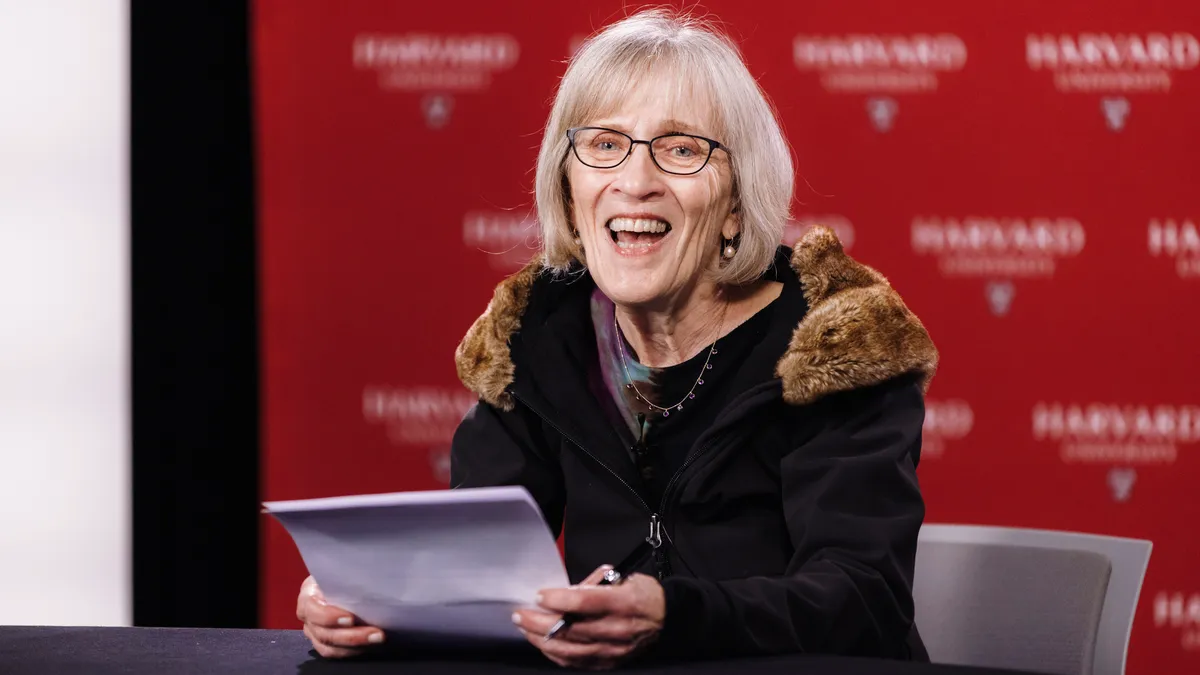Dive Brief:
- Women are undeniably paid less than men in the workforce, despite having higher education levels on average: This is the crux of Harvard University economist Claudia Goldin’s Nobel Prize-winning economics report.
- This is the “first comprehensive account of women’s earnings and labor market participation through the centuries,” the Royal Swedish Academy of Sciences said in a press release. Goldin scoured over two centuries’ worth of data about participation in the U.S. workforce to make her point.
- A key factor in the gender wage gap is the demands of child-rearing and tending to the domestic sphere. Goldin demonstrated that, over two centuries, “female participation in the labor market did not have an upward trend over this entire period, but instead forms a U-shaped curve.”
Dive Insight:
Apart from being the kind of feat that catches the attention of the Royal Swedish Academy of Sciences, the win signals once more that pay equity is a hot topic.
At the top of the year, experts predicted pay would be a trending DEI hot topic for 2023. Since the beginning of the pandemic — and subsequent erasure of the boundaries between work and home — the gendered burden of child care on working women has been increasingly top of mind for the HR industry.
At the onset of the Industrial Revolution, married women became increasingly less involved in the workforce. Then, at the turn of the early 20th century, women began to get involved in more paid work, thanks to the service sector. Goldin argues that this shift occurred due to “evolving social norms” for women; with access to better reproductive care, women could better plan their career.
Jakob Svensson, chairperson for the Committee for the Prize in Economic Sciences, noted in the press release that understanding women’s role in the workforce is “important” for society.
“Thanks to Claudia Goldin’s groundbreaking research we now know much more about the underlying factors and which barriers may need to be addressed in the future,” Svensson said.
It’s worth noting that Goldin is the third woman to ever win a Nobel Prize in economics.













